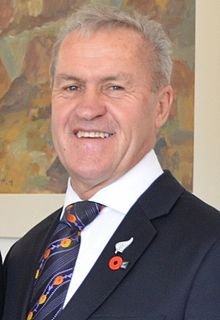
Nicolas Rex Smith is a New Zealand politician who served as a Member of Parliament (MP) for the National Party from 1990 to 2021. He served as a Cabinet minister, holding various posts including Minister for Building and Housing, Minister for the Environment, Minister for Climate Change Issues, and Minister of Local Government. For a brief time between October and November 2003 he was the deputy leader of the National Party, then in opposition under Don Brash.

Sir Trevor Colin Mallard is a New Zealand politician. He currently serves as Ambassador of New Zealand to Ireland since 2023. He was a Member of Parliament from 1984 to 1990 and again from 1993 to 2022. He served as Speaker of the New Zealand House of Representatives from 2017 until 2022.
Te Pāti Māori, also known as the Māori Party, is a political party in New Zealand advocating Māori rights. With the exception of a handful of general electorates, Te Pāti Māori contests the reserved Māori electorates, in which its main rival is the Labour Party.
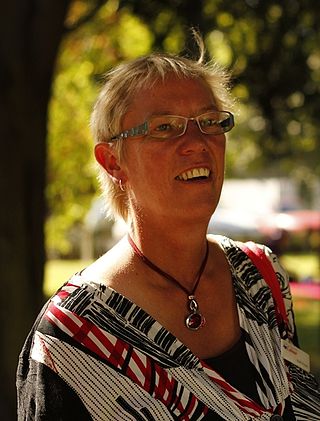
Ruth Suzanne Dyson is a former New Zealand politician. She was a Labour Party Member of Parliament from 1993 to 2020. She represented the Port Hills electorate from the 2008 election election to 2020. She also held a number of senior offices in the Labour Party, including president.

Anne Merrilyn Tolley is a New Zealand politician.
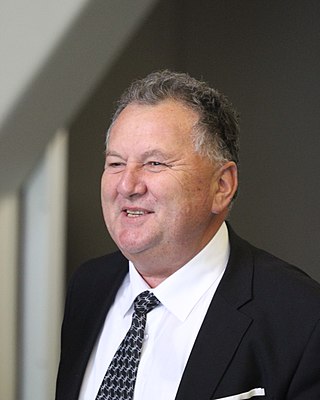
Shane Geoffrey Jones is a New Zealand politician and a member of the New Zealand House of Representatives for the New Zealand First party.
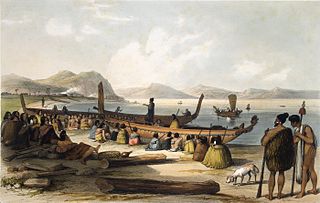
In New Zealand politics, waka-jumping is a colloquial term for when a member of Parliament (MP) either switches political party between elections or when a list MP's party membership ceases.

Simon Joseph Bridges is a former New Zealand politician and lawyer. He served as Leader of the National Party and Leader of the Opposition between 2018 and 2020, and as the Member of Parliament for Tauranga from the 2008 election to May 2022, when he resigned.

Kristopher John Faafoi is a former New Zealand Labour Party politician. He became the Member of Parliament for the Mana electorate in 2010. He did not contest the seat as an electorate MP in 2020 but continued as a list MP. He held a number of ministerial portfolios in the Sixth Labour Government from 2017, until he announced his retirement from politics in June 2022.

Melissa Heni Mekameka Whaitiri is a New Zealand politician and former member of the New Zealand House of Representatives. She was first elected to Parliament in the 2013 Ikaroa-Rāwhiti by-election for the Labour Party.
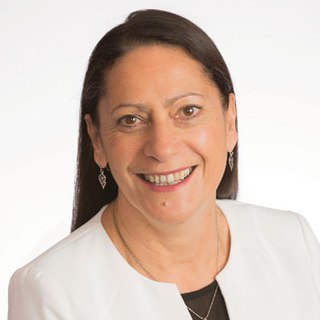
Munokoa Poto Williams is a New Zealand Labour Party politician and a member of Parliament. She was elected in a 2013 by-election and served as Minister of Conservation and Minister for Disability Issues in the Sixth Labour Government.
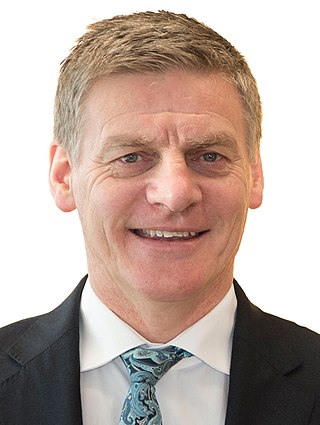
The 2017 New Zealand general election took place on Saturday 23 September 2017 to determine the membership of the 52nd New Zealand Parliament. The previous parliament was elected on 20 September 2014 and was officially dissolved on 22 August 2017. Voters elected 120 members to the House of Representatives under New Zealand's mixed-member proportional (MMP) voting system, a proportional representation system in which 71 members were elected from single-member electorates and 49 members were elected from closed party lists. Around 3.57 million people were registered to vote in the election, with 2.63 million (79.8%) turning out. Advance voting proved popular, with 1.24 million votes cast before election day, more than the previous two elections combined.
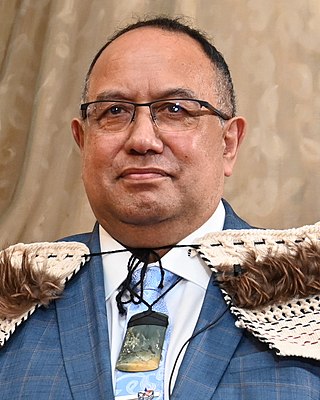
Adrian Paki Rurawhe is a New Zealand Labour Party politician. He has been an MP since 2014, and the speaker of the New Zealand House of Representatives from 2022 to 2023.
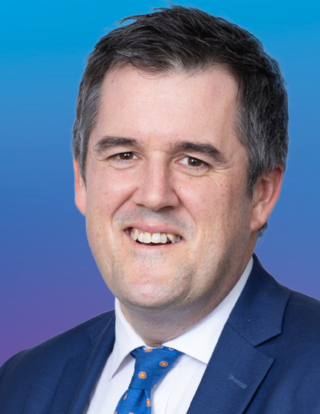
Christopher Bishop is a right-wing New Zealand National Party politician who was first elected to the New Zealand House of Representatives in 2014 as a list MP. Bishop won the Hutt South electorate in 2017 but lost the seat in 2020. He returned to Parliament as a National list MP and served as National spokesperson for Housing and Infrastructure and was the Shadow Leader of the House. He is the Chairperson of National's 2023 Election Campaign. He is the current MP for Hutt South. He is a former lobbyist for tobacco company Phillip Morris.
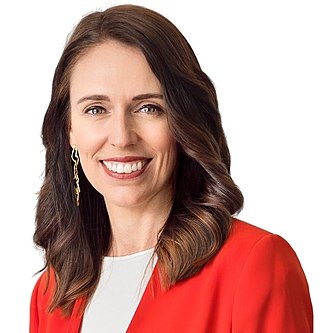
The 2020 New Zealand general election was held on Saturday 17 October 2020 to determine the composition of the 53rd New Zealand Parliament. Voters elected 120 members to the House of Representatives, 72 from single-member electorates and 48 from closed party lists. Two referendums, one on the personal use of cannabis and one on euthanasia, were also held on the same day. Official results of the election and referendums were released on 6 November.
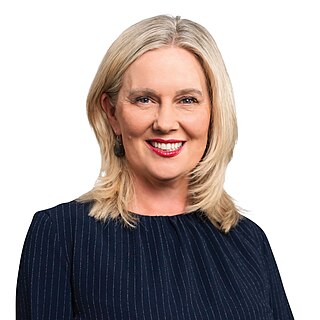
Helen Ione White is a New Zealand politician. In 2020 she became a Member of Parliament in the House of Representatives for the Labour Party. In 2023, she was chosen by Labour to contest the Mount Albert electorate, previously held by former Prime Minister Jacinda Ardern. White won the seat, holding it for Labour, but by a significantly reduced margin of 18 votes.

Christopher Aidan Penk is a New Zealand politician who has been a Member of Parliament in the House of Representatives for the National Party since 2017.

Simeon Peter Brown is a New Zealand politician and Member of Parliament in the House of Representatives for the National Party.

The 52nd New Zealand Parliament was a meeting of the legislature in New Zealand, which opened on 7 November 2017 following the 2017 general election and dissolved on 6 September 2020. The New Zealand Parliament comprises the Sovereign and the House of Representatives, which consists of 120 members.

The 53rd New Zealand Parliament was a meeting of the legislature in New Zealand. It opened on 25 November 2020 following the 17 October 2020 general election, and dissolved on 8 September 2023 to trigger the next election. It consisted of 120 members of Parliament (MPs) with five parties represented: the Labour and Green parties, in government, and the National, Māori and ACT parties, in opposition. The Sixth Labour Government held a majority in this Parliament. Jacinda Ardern continued as prime minister until her resignation on 25 January 2023; she was succeeded by Chris Hipkins.
